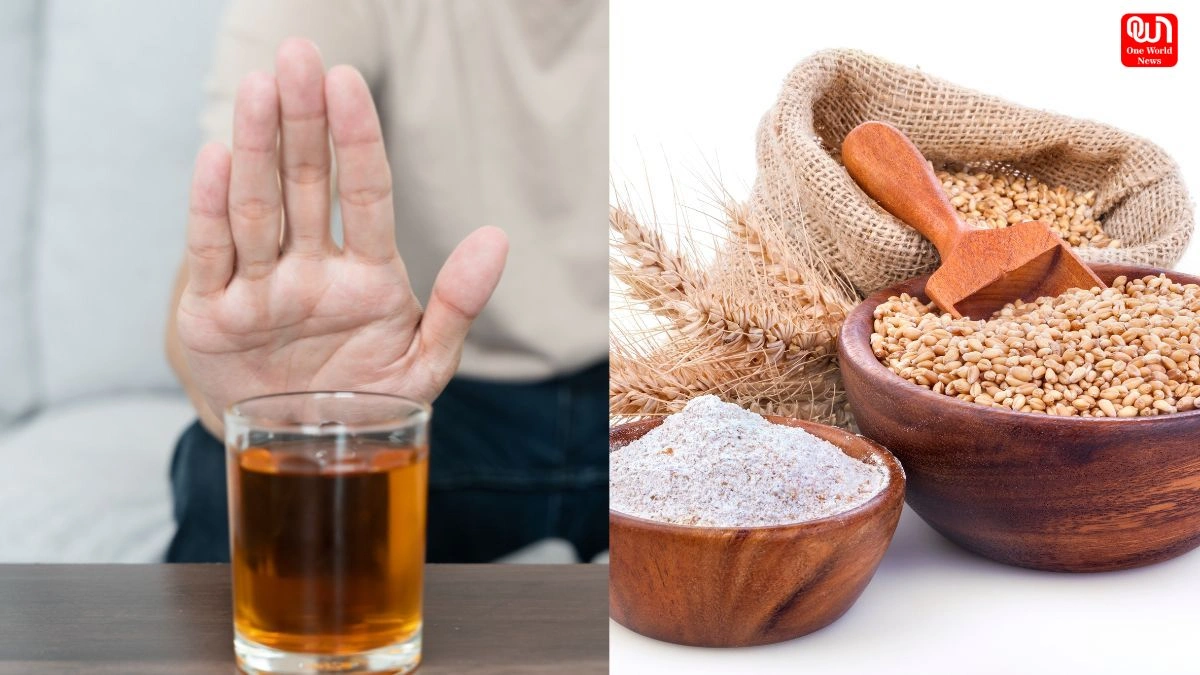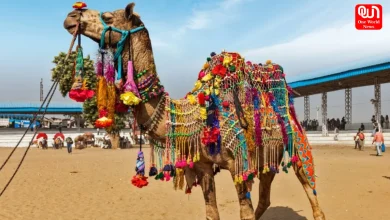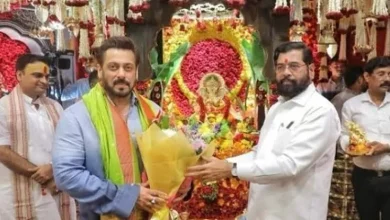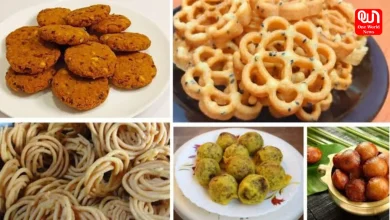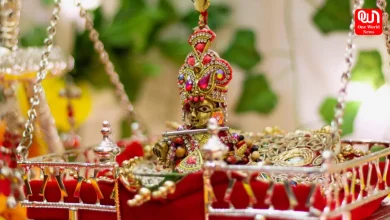Navratri Season: 5 Foods To Avoid in Your Fast !
With the guidelines mentioned , devotees can ensure they adhere to the principles of fasting and enjoy a spiritually fulfilling Navratri.
Navratri is yet another incredibly popular Hindu religious feast which is celebrated by devoting nine days to rigorous worship and fasting. It is considered that fasting during Navratri cleanses both inside and outside of the devotee, thus making the devotee fit to receive the blessing of Goddess Durga. However, it is crucial to know which foods are forbidden during this kind of fast in order to achieve its puritanical goal. Here are the five foods that should not be consumed when you are breaking your Navratri fast.

Grains
Rice, wheat and oat are some of the products that are not allowed during Navratri fasts. These are foods that are taken every day as part of cooking and meals and are left out as people try to detoxify the body. Now, devotees can replace grains with other foods such as buckwheat (kuttu) or water chestnut flour (singhare ka atta) to cook their meals.
Legumes and Pulses
Lentils, chickpeas, beans, and most of the pulses are restricted during fasting. It is also considered that these foods are heavy meals that very tough to digest. However, sabudana which is nothing but tapioca pearls is the appropriate option which is used in preparation of khichdi and vada etc.
Non-Vegetarian Food
During Navratri no non-vegetarian food such as meat, fish, eggs are allowed .The festival is actually incomplete without preparing some delicious and healthy Rajasthani dishes. From a cultural perspective therefore, non vegetarian food is frowned at during the entire duration of the festival since the foods are fit for purification and spiritual development only.
Onion and Garlic
Onions and garlic are regarded as ‘tamasic’ foods in Ayurveda. They are put into the category of food that causes increase in anger and passion. During the fast, food should add to the tranquility and ascension, which is why these ingredients are undesirable.
Alcoholic and caffeinated products.
Beverages containing alcohol and coffee and tea are stimulants and are prohibited for the patients. You can be taking herbal teas or lemon water to quench your thirst without going for a break.
Thus, these guidelines are useful to know that a devotee follows all the rules of fasting and sanctity of Navratri.
We’re now on WhatsApp. Click to join.
Like this post?
Register at One World News to never miss out on videos, celeb interviews, and best reads

